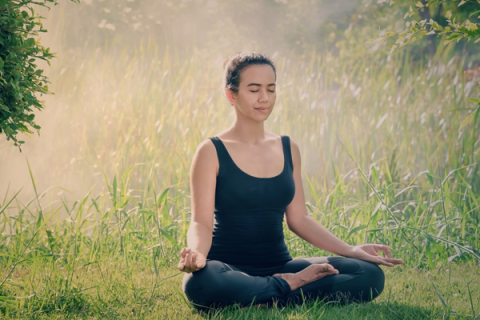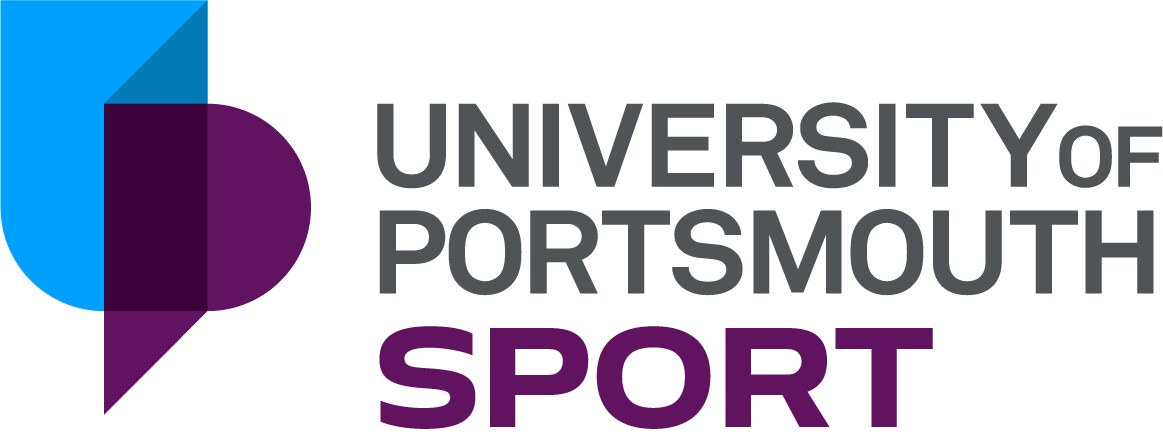

The power of self-reflection and how we can use it to be happier and achieve more
With the world's current circumstances, we have more time than ever to ourselves. Whilst we all need time to recharge our batteries, at times, this can be too much, and even unpleasant. Thoughts and unhelpful thinking habits can ruminate and spending that alone time can be uncomfortable. Despite us experiencing clear limitations on our freedom of choice to do as we wish, there are subtle benefits to us having this extra time to ourselves too. Let's start with self-reflection, and how reflective practise in general enables us to grow, aim for more, and thus do better.
Many occupations and hobbies include reflective practise as a key element of identifying areas for growth and highlighting good work done. It engrains confidence in us to move forward, attack new goals and take on further responsibility in our professional and personal lives. The more we self-reflect, the more we learn about our own inner workings that we may overlook in day to day life. It's important we look at self-reflection as a tool to improve our capabilities, preparing us for our continual journey of self-understanding throughout life that is an ever evolving process.
How do we simply partake in reflective practice?
Firstly, I'll share a common 'reflective cycle' model, usually containing 4 stages. Here, you can note down how your pursuits fit into the model, along with how you think, feel and behave towards them.
- Active experimentation - planning and trying out what you have learned
- Concrete experience - doing/having the experience
- Reflective observation - reviewing/reflecting on the experience
- Abstract conceptualisation - concluding and learning from the experience
Additionally, we can ask ourselves questions about how we feel, think and behave, if we wish to reflect and look at improving or acknowledging our efforts and positive experiences.
- Has today added anything of value to your knowledge or state of mind?
- By what rules do you judge who is helpful and who is damaging to you?
- Do you have a definite major purpose and if so, what are your plans for achieving it?
- What are my stress triggers?
If these examples resonate with you, or at least you appreciate the concept and in the value in exploring them, I'd strongly encourage you to. Self-exploration is not only rewarding, but it's also never ending and can improve your self-awareness, how you communicate with yourself, your relationships, and the world (plus virtually anything else you wish to pay your attention to in life). The best thing about it is that you can start anytime you wish - like right now.

